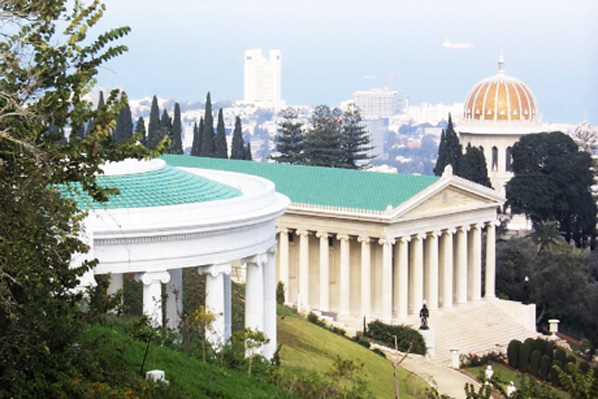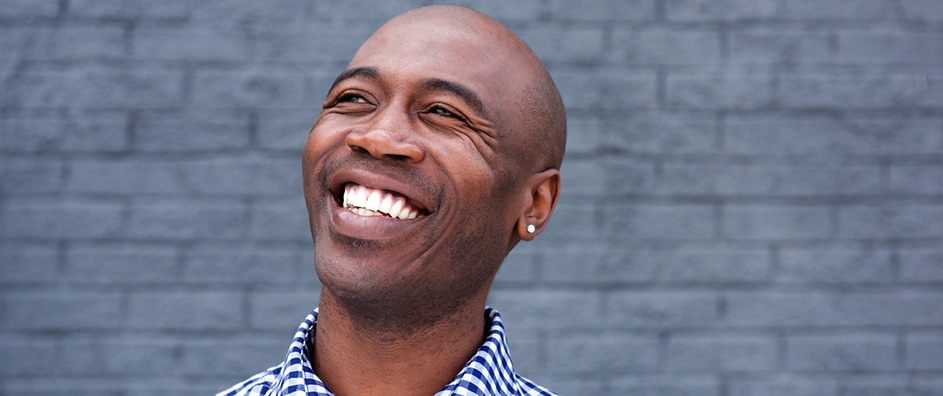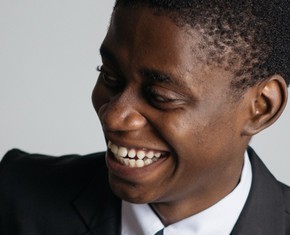The views expressed in our content reflect individual perspectives and do not represent the authoritative views of the Baha'i Faith.
They say in marriage that you don’t just marry one person, you marry his or her whole family as well—a package deal. Joining the Baha’i Faith is like that too.
To accept Baha’u’llah as a messenger of God is to accept all the other messengers that have come before. Baha’is believe that each one of the prophets of God represents a teacher in the never-ending school of one progressive, unified and continuously-evolving religion.
This dawned on me the day I became a Baha’i. I had been a devoted follower of Jesus. I originally had no interest in Islam. But identifying with a messenger of God can create the most passionate kind of love and devotion, even more intense than marriage for some. So one thing led to another, and I found myself in a very curious situation. As I studied the Baha’i Faith, I realized that I had come to believe in Muhammad, as well—and I acknowledged the Qur’an as the Word of God. I wasn’t expecting to do that. But the testimony of Baha’u’llah about the essential oneness of all great Faiths was clear, and it was all I needed to know.
I understood that the time had come to get my own copy of the Qur’an. So that summer, when I wasn’t reading the Baha’i writings, I read an English translation of the Qur’an cover to cover.
Belief is a funny thing. It’s not like believing that a news story is based on facts, or that someone is telling you the truth. In the spiritual sense, belief can be much more intuitive. It’s more like recognition. You either have it or you don’t. When you have it, you feel it deep into your core.
In one parable in the Gospel of John, Jesus refers to himself as the Good Shepherd and his followers as his flock. He says:
He who enters through the gate is the shepherd of the flock; the gatekeeper lets him in, the sheep hear his voice, one by one he calls his own sheep and leads them out. When he has brought out all those that are his, he goes ahead of them, and the sheep follow because they know his voice. They will never follow a stranger, but will run away from him because they do not recognize the voice of strangers. – John 10:2-5.
When you recognize the voice of a loved one, it resonates deep in your heart. As soon as you hear that voice, a light bulb comes on. I first experienced that in a spiritual sense with Jesus. When I read and heard his words, I recognized him as Lord. When I experienced that again with Baha’u’llah it shook me deeply. Even though I didn’t want to see it at the time, I could sense that the same power that carried Jesus into the world also animated Baha’u’llah. I recognized his voice. Before long I was feeling that presence as well in the Qur’an:
He [God] is the cleaver of the daybreak; and He has made the night for rest, and the sun and the moon for reckoning. That is the measuring of the Mighty, the Knowing.
And He it is who has made the stars for you that you might follow the right way thereby in the darkness of the land and the sea. Indeed We have made plain the signs for a people who know. – Surah of the Cattle, 97-98.

Baha’i World Centre in Haifa, Israel.
I wish I had more time to really explore Islam, but the reality is that I’m a Baha’i. I accept the writings, teachings, and laws of Baha’u’llah as God’s guidance for today, so they receive priority. When I can I really enjoy reading sermons of the Imam Ali, the poetry of Rumi, or anything on the history of the Muslim world. When I served at the Baha’i World Centre in Israel, I lived next door to a mosque for a few months. Whenever the call to prayer was raised I would pause whatever I was doing and listen respectfully, even if I didn’t perform the prayers that follow afterwards. I feel a deep affinity with Islam, because I believe in Muhammad.
I’ve been a Baha’i nearly eleven years, which has given me a lot of time to think about what it means to be a Muslim. There is one literal sense of the term familiar to anyone who has ever answered a survey or filled out a government form. In that sense it’s disingenuous for me to check the box that says “Muslim.” I know that’s not who I am.
Then there’s another, more abstract sense of the term: the Arabic word Muslim means “one who submits.” It comes straight from the literal meaning, and some people who don’t want to like Islam often take it the wrong way. They imagine a brutal and imperialistic yearning for conquest and domination. I think that’s entirely unwarranted. In this abstract sense of the term, the word Muslim can be applied to anyone who strives to live by respecting and trying to follow God’s guidance. It finds expression in these words of Abdu’l-Baha often quoted by Baha’is:
Man must be a lover of the light, no matter from what dayspring it may appear. He must be a lover of the rose, no matter in what soil it may be growing. He must be a seeker of the truth, no matter from what source it come. – Abdu’l-Baha, The Promulgation of Universal Peace, p. 151.
So the term Muslim can have a universal significance. After all, followers of Muhammad are not the only ones to see themselves as submitting to God. When I contemplate the concept, it certainly makes me think: is this not exactly what Jesus meant when he said the flock “follow because they know his voice”? In this sense of the term, I don’t hesitate to call myself a Muslim. That’s simply who I am. Why would I want to be anything else?
















Comments
Sign in or create an account
Continue with Googleor